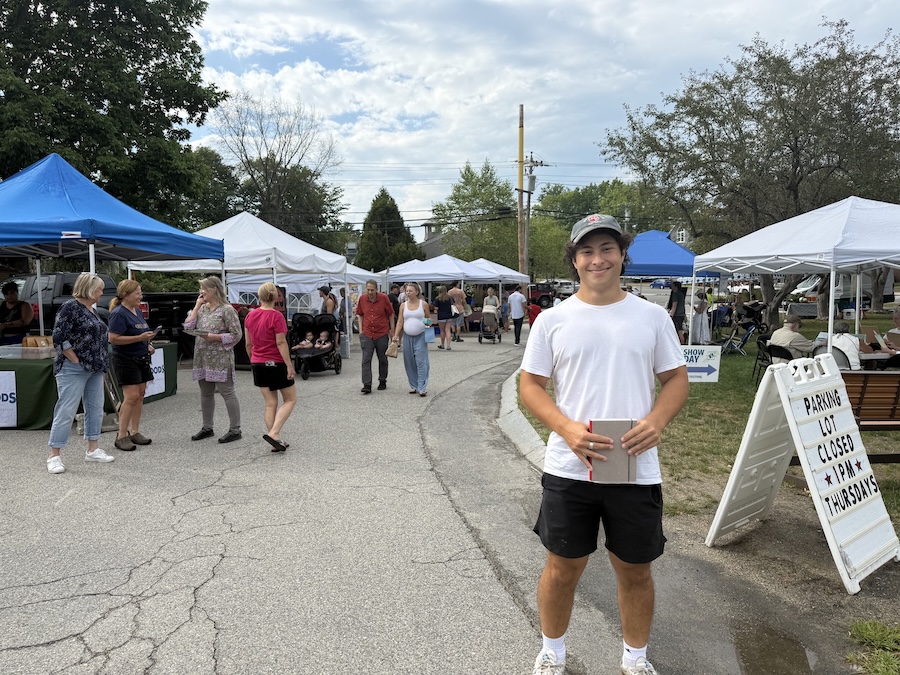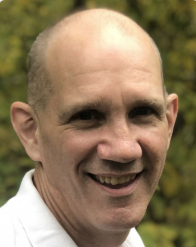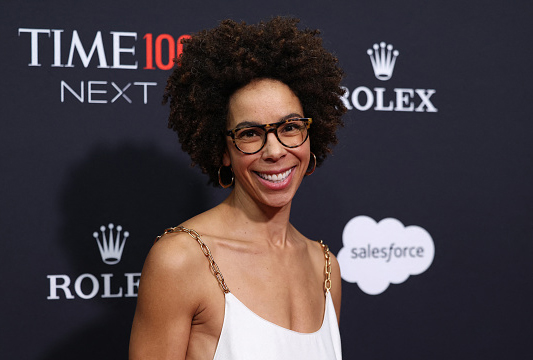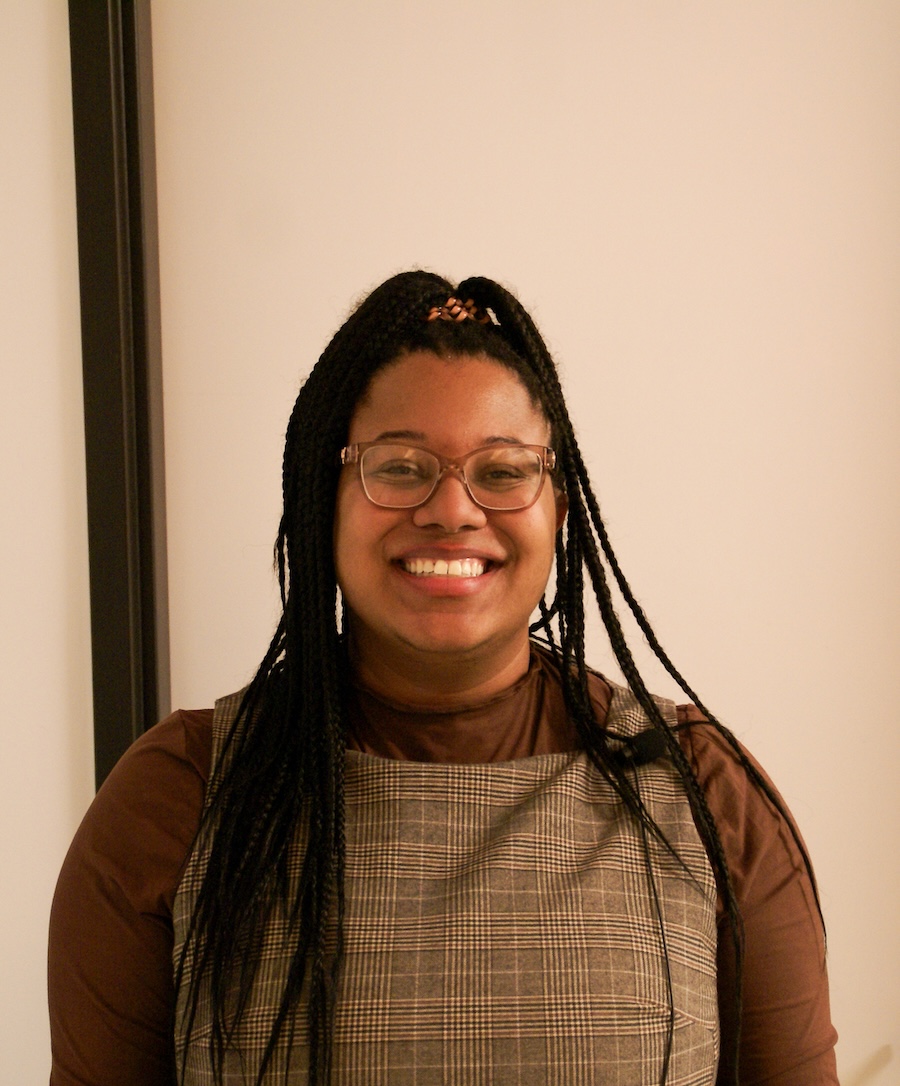Sophomore Offers Youth Workshop on Climate Change and Mental Health
By Lily Echeverria ’26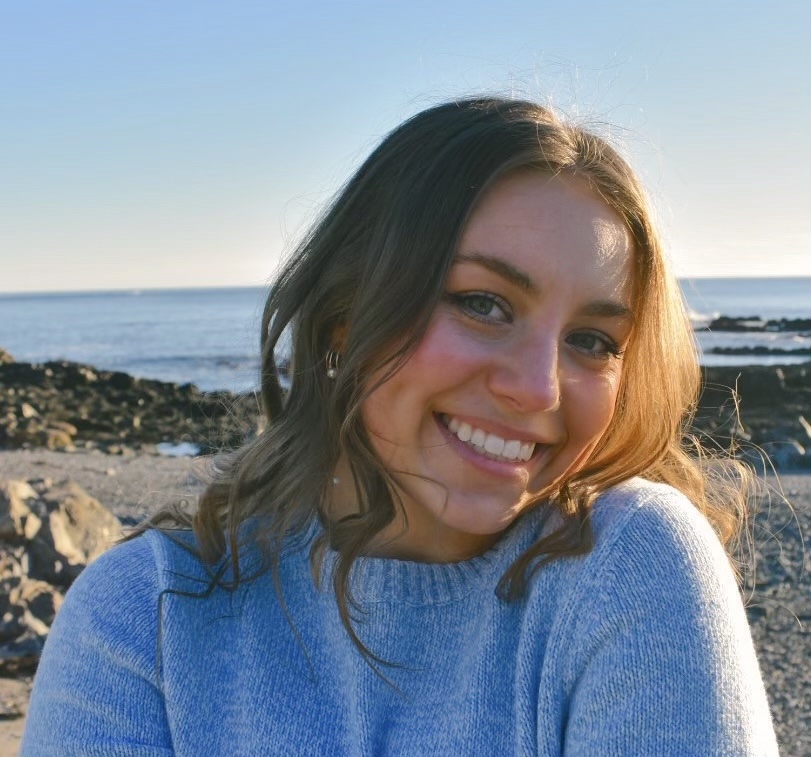
The idea for the event was shaped by her involvement with the Maine Governor’s Office of Policy Innovation and the Future, the Maine Climate Council, and with Baxter House, where she lives on campus, she said.
Morrison is a youth rep for the community resilience working group of the Maine Climate Council. Through her experience with professionals in the environmental industry, she said she noticed the often overlooked intersection between mental health and climate change.
She also noticed that global warming hits differently depending on your age.
“There’s this clear gap between older generations and younger generations in terms of mental health impacts around climate change,” she said. “It’s not necessarily that everyone in the older generation doesn’t acknowledge that there’s a connection between the two, but they’re able to separate it in their lives, whereas it’s hard for [younger generations] to escape climate change.”
Morrison referenced how anxiety pervades her environmental studies classes, her conversations with friends, and in her activism work. She also noted that thoughts about climate change can cause even more stress about the future, as young people see opportunities available to previous generations slipping away as the planet warms.
“It plays a role in our life decisions," she said, adding that she and her peers wonder, "Am I going to be able to have kids? Where am I going to be able to live?”
She felt there needed to be an event where students could openly discuss these feelings with like-minded people. “I feel like there’s a unique space that needs to be held for youth,” she said. “I really wanted to welcome people into talking about the fear and hopelessness behind climate anxiety, and the fatigue that comes with having to always be thinking about that.”
She first discussed the idea with Abigail Hayne, the governor's Youth Climate Engagement Fellow, before bringing it to Rosemary Armstrong, Bowdoin's academic program manager for environmental studies. Both supported her idea.
Morrison also collaborated with the academic committee of Baxter House—one of Bowdoin's College Houses— whose residents are asked to organize regular community events. Colette Carrillo ’26, the head of the committee, helped to allocate funding for the event, and she helped Morrison plan it.
Carrillo said she hopes that more Bowdoin events in the future continue to address the issue of burnout and mental health as it relates to everyday life. “I think that conversations with several different ages at several different places in their life [are] just really reassuring,” she said. “Burnout exists, not only as a student, but as a person, and it happens in all aspects of a person's activism, education, and career.”
Hayne and Morrison led the community discussion in Roux, asking several prepared questions to galvanize conversation. Morrison said a lot of mutual sharing took place among participants.
“I think what was most powerful about the event was our ability to bring it back to [the fact that] we’re in this space with all these people who care really deeply,” she said. “There are people that are having similar experiences that want to talk about it, and there are resources that can facilitate that movement and support.”
Going forward, Morrison wants to bring more conversations like this to the College. “There’s so much pressure put on us—that [our] generation is the solution,” she said. “I feel like ultimately that generates a lot more disengagement than engagement because there are so many expectations, which I feel bars entry into conversation and action.”
Morrison said she'd like to break down the expectations on youth and invite more people to engage with these important conversations regardless of their prior background or interest in the environment.
“It’s okay to take a break,” she said. “There’s still a place for you in these conversations and these movements, even if it’s not what you think about 100 percent of the time, because nobody should have to think about the bad stuff 100 percent of the time.”
